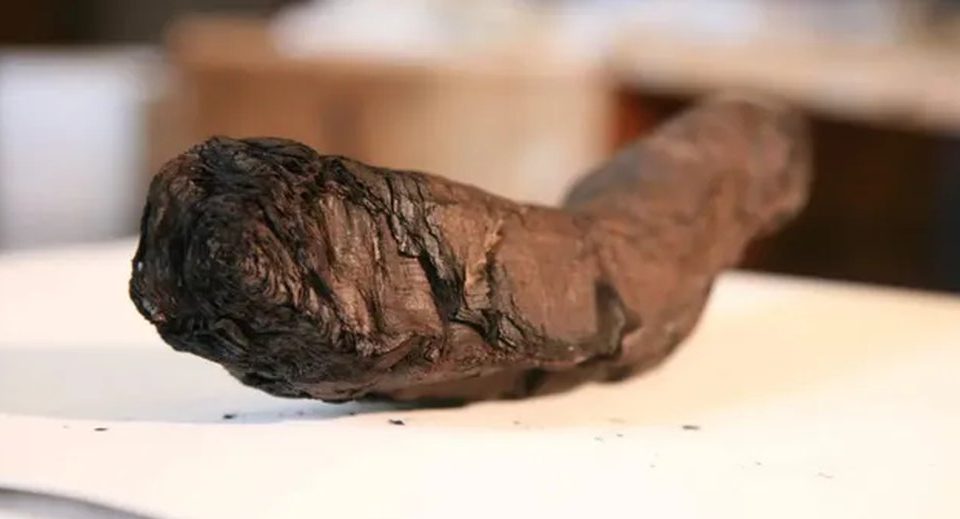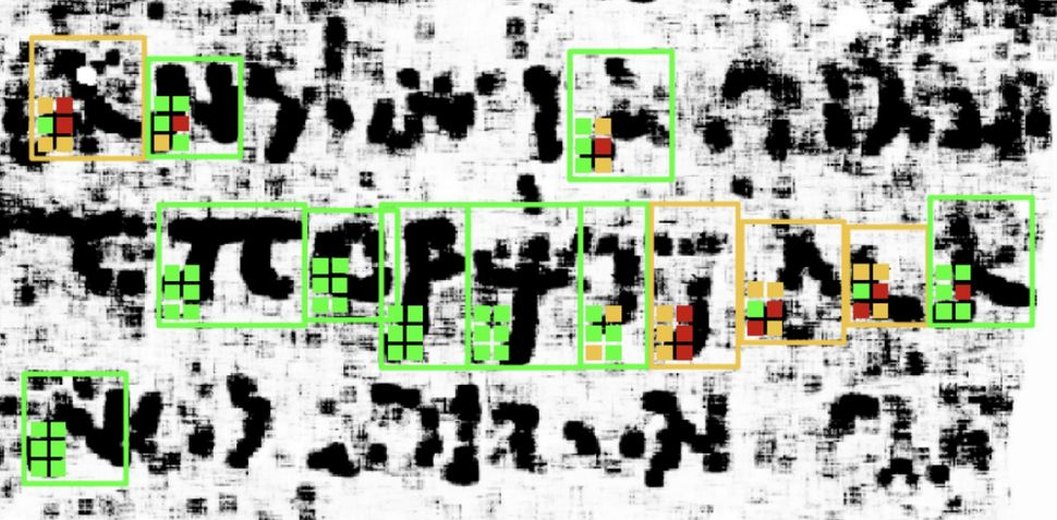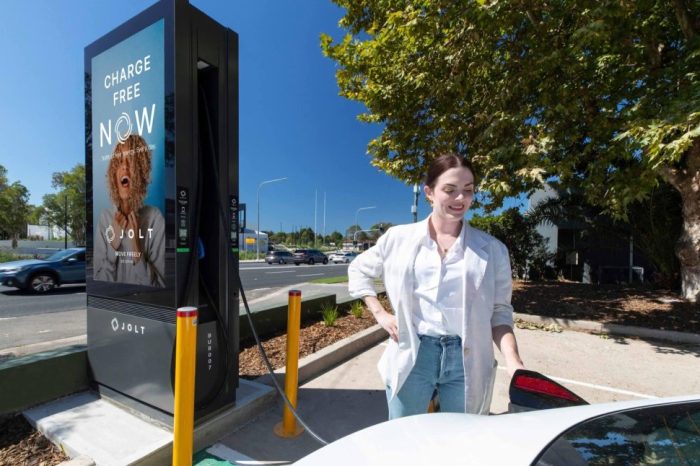Student uses AI to decipher lost text in ancient Greco-Roman scroll, wins $40K Prize

Luke Farritor, a 21-year-old computer science student from the University of Nebraska-Lincoln, has successfully used an Nvidia GeForce GTX 1070 and artificial intelligence (AI) to decipher texts from the ancient Herculaneum scrolls, winning a $40,000 prize in the Vesuvius Challenge.
The Herculaneum scrolls, buried in ash by the eruption of Mount Vesuvius, are among the most renowned artifacts at the site. Known for their difficulty in deciphering, these scrolls have posed a significant challenge to researchers.
Farritor, blended his passion for history with machine learning skills, to bring a fragment of ancient text back from the ashes after almost 2,000 years. According to an Nvidia blog post, the Vesuvius Challenge awards prizes to individuals capable of accurately deciphering words from the two scrolls.
The scrolls, resembling sticks of charcoal, cannot be physically unwrapped. Instead, they must be virtually unwrapped using a 3D scan dataset in their wrapped state. Farritor leveraged the power of the NVIDIA GeForce GTX 1070 GPU to virtually unwrap the scrolls and bring a snippet of ancient text back to life after almost two millennia.
In a breakthrough moment, Farritor uncovered the word “πορφυρας,” translating to “purple dye” or “cloths of purple,” from the ancient texts. This achievement follows the competition’s goal of extracting readable content from the carbonized remains of the scrolls.

(Image credit: Vesuvius Challenge)
The Herculaneum scrolls, a library of ancient texts carbonized and preserved by the eruption in 79 AD, have garnered global interest from historians and technologists. Farritor’s success in decoding a word from these ancient texts using the GTX 1070 GPU is a significant contribution.
This competition, known for its challenges, aims to retrieve readable content from the carbonized scrolls. Farritor’s accomplishment, powered by the older but celebrated GTX 1070 GPU, stands out in a field where NVIDIA GPUs have proven indispensable.
The competition has also seen other noteworthy discoveries. Youssef Nader, a biorobotics graduate student, independently discerned the same word as Farritor, earning a $10,000 prize. Casey Handmer, an entrepreneur, secured another $10,000 for demonstrating significant amounts of ink within the unopened scrolls.
W. Brent Seales, chair of the University of Kentucky Computer Science Department, has been at the forefront of developing methods to digitally unfurl and read these delicate scrolls for over a decade. Nat Friedman, CEO of GitHub and organizer of the Vesuvius Challenge, has played a vital role in fostering a community for such breakthroughs through open-source innovation.
Farritor, previously an intern at SpaceX, used the GeForce GTX 1070 to accelerate the ResNet deep learning framework, showcasing the GPU’s parallel processing capabilities. Although introduced in 2016 and popular among gamers, the GTX 1070 proved instrumental in Farritor’s unique application of advanced imaging and AI technology.
Latin Lingo and Lost Text
Discovered in the 18th century within the Villa of the Papyri, the Herculaneum scrolls have posed a significant challenge to researchers. Their delicate condition has rendered them nearly unreadable without risking damage, but the introduction of advanced imaging and AI technology has revolutionized this.
For Farritor, the project has evolved into a personal passion, with a struggle to recall more of the Latin he studied in high school. “And man, like what’s in the scrolls… it’s just the anticipation, you know?” Farritor said.
The upcoming challenge involves unearthing passages from the Herculaneum scrolls, each 144 characters long, mirroring the brevity of an original Twitter post. The competition, engaging over 1,500 experts in a collaborative effort, has become more intense, with private donors offering a $700,000 prize for retrieving four distinct passages of at least 140 characters this year. This serves as a testament to the immense value placed on these ancient texts and the extraordinary efforts required for their recovery.
Farritor remains eager to continue his exploration, expressing his fascination with shedding light on Roman and Greek history. His dedication reflects the growing importance placed on uncovering these ancient texts and the ongoing efforts to reclaim them.
Farritor said that he’s now thinking about Rome — and the potential discoveries his efforts might unveil — not just on a daily basis, but “every hour.” “I think anything that sheds light on that time in human history is gonna be significant,” Farritor said.




